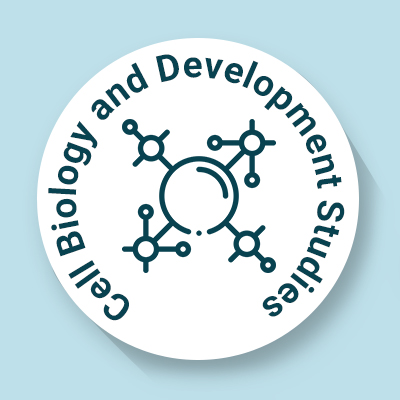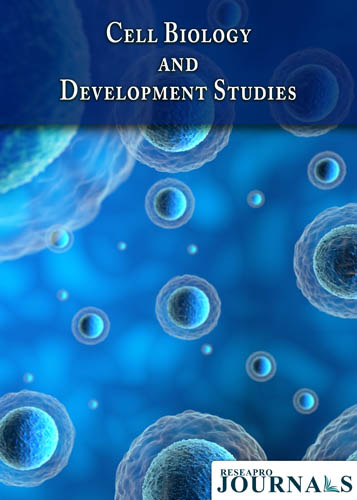
Cell Biology and Development Studies
OPEN ACCESS

OPEN ACCESS

Department of Biomedical Science, University of Guelph, Guelph, Canada
Cellular models are also critical in studying disease mechanisms, particularly in understanding cancer, genetic disorders, and neurodegenerative diseases. By mimicking disease conditions, these models enable researchers to investigate how mutations or environmental factors influence cellular behavior and contribute to disease progression. Additionally, they provide a platform for testing potential therapeutic strategies, ranging from gene editing technologies like CRISPR to drug development. One of the most widely used cellular models in developmental biology is the stem cell model. Stem cells, with their ability to differentiate into various cell types, serve as powerful tools for studying developmental processes and tissue regeneration. Moreover, 3D culture systems and organoid models are gaining popularity due to their ability to better replicate the complexity of human tissues, offering a more realistic in vitro environment for studying cellular interactions and disease mechanisms. The use of advanced technologies, such as live-cell imaging and high-throughput screening, has also enhanced the capabilities of cellular models, enabling real-time observation of dynamic cellular processes. These innovations are leading to new insights into how cells respond to stimuli, communicate with each other, and adapt to their environment, further advancing our understanding of developmental biology and cellular pathology.
Department of Biomedical Science, University of Guelph, Guelph, Canada